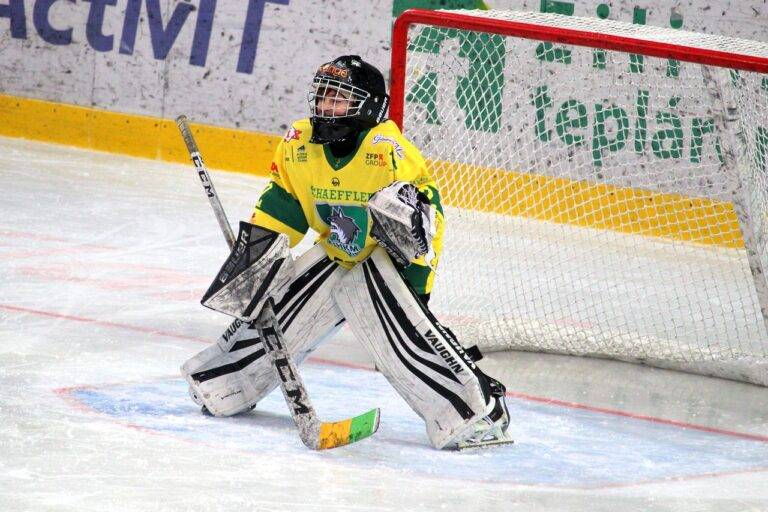The Role of Coaches in Shaping IPL Team Performances
King567, 11xplay Pro: IPL coaches play a pivotal role in shaping the performance and morale of their respective teams. One of their key responsibilities is to strategize game plans that cater to the strengths and weaknesses of the players. This involves analyzing opponents, assessing pitch conditions, and making tactical decisions during matches to maximize the team’s chances of success.
Additionally, IPL coaches are tasked with fostering a positive team culture and maintaining player discipline. They are expected to provide guidance and mentorship to players, helping them improve their skills and develop a winning mindset. Creating a supportive environment where players feel motivated and valued is essential for coaches to bring out the best in their team.
Impact of Coaching Styles on Team Dynamics
Coaching styles play a crucial role in shaping the dynamics of a team. The way a coach interacts with players, motivates them, and provides guidance can heavily influence the team’s performance and camaraderie. Different coaching styles, such as authoritative, democratic, and laissez-faire, can impact how players communicate, collaborate, and respond to challenges on the field.
An authoritative coach tends to take a more directive approach, setting clear expectations and rules for the team. While this style can promote discipline and structure, it may also stifle creativity and independent thinking among players. On the other hand, a democratic coach encourages open communication and input from all team members, fostering a collaborative and inclusive team environment. This approach can boost morale and teamwork, but may sometimes lead to decision-making delays and conflicts. Each coaching style brings its own set of advantages and challenges, ultimately shaping the overall team dynamics and performance.
What are the key responsibilities of IPL coaches?
IPL coaches are responsible for creating team strategies, providing guidance and support to players, conducting training sessions, analyzing opponents, and managing team dynamics.
How do different coaching styles impact team dynamics?
Different coaching styles can have a significant impact on team dynamics. For example, a authoritative coaching style may lead to a more disciplined team, while a more collaborative coaching style may foster a sense of teamwork and unity among players.
Can coaching styles be adapted based on the team’s needs?
Yes, coaching styles can be adapted based on the team’s needs. A good coach will be able to assess the team dynamics and adjust their coaching style accordingly to maximize team performance.
How important is communication in coaching styles?
Communication is crucial in coaching styles as it helps in conveying expectations, providing feedback, and building relationships with players. Effective communication can enhance team dynamics and lead to improved performance.







